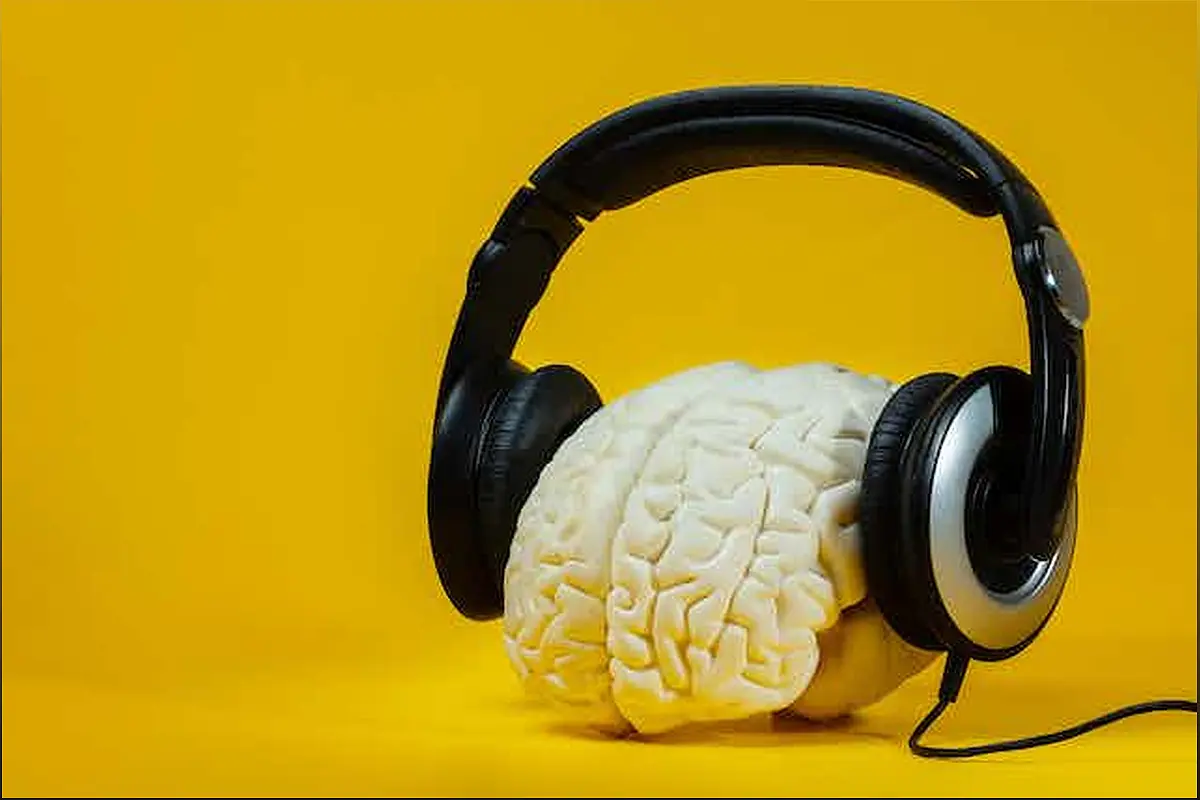Have you ever wondered why certain movie scenes stick in your memory? It turns out that music plays a significant role in shaping our visual memories. In this article, we delve into the science behind the influence of music on our cinematic experience. From creating earworms to enhancing emotional connections, music has a profound effect on how we remember and interpret movies. Join me as we explore the intriguing relationship between music and visual memories in the world of cinema.
The Power of Music in Movie Memories
Explore how music enhances our ability to remember movie scenes
Music has a remarkable ability to make movie scenes more memorable. Research has shown that our visual memories of a film are enhanced when accompanied by music with a similar emotional quality. This mood-congruency effect helps us chunk memory fragments into a more manageable whole, improving our recall of the movie.
But it's not just about the emotional impact. Music also helps us interpret characters and scenes. For example, listening to fearful music cues us to look for signs of fear in the characters' facial expressions. This connection between music and visual memories is a fascinating area of study that reveals the power of music in shaping our movie-watching experience.
Creating Memorable Movie Moments with Soundtracks
Discover how soundtracks contribute to the memorability of movie sequences
Soundtracks play a crucial role in creating memorable movie moments. Filmmakers carefully select songs that have achieved great success and recent runs in the music charts, as these earworms stick in our minds. When paired with specific movie sequences, these fresh takes on old hits keep audiences entertained and engaged.
Moreover, the ironic contrast technique, where emotionally negative scenes are paired with emotionally positive music, creates a memorable effect. This incongruity disrupts the emotional tone of the scene, leaving a lasting impression on the viewer. By leveraging the power of soundtracks, filmmakers can craft unforgettable movie moments that stay with us long after the credits roll.
The Role of Music in Shaping Visual Expectations
Explore how music influences our expectations and enhances visual memories
Music not only enhances our emotional connection to movie scenes but also shapes our visual expectations. Our personal experiences and associations with musical conventions help us anticipate what will happen next in a film. When the music and visuals don't align, such as a sad scene accompanied by slow-paced, melancholic music, it creates a mood-incongruency effect that captures our attention.
Studies have shown that this effect improves our memory of the scene. For example, when participants watched a romantic comedy trailer with sad music, they had better visual memory compared to those who watched it with happy music or no music at all. The role of music in shaping our visual expectations adds depth and distinctiveness to our movie-watching experience.
The Impact of Music on Deaf or Hearing-Impaired Viewers
Consider the effects of music-induced emotions on individuals who are deaf or hearing-impaired
While music plays a significant role in shaping our visual memories, what happens to individuals who are deaf or hearing-impaired? Can captions or descriptions of music elicit similar effects on memory as actual music? These are intriguing questions that open up new possibilities in the movie-viewing universe.
By exploring alternative ways to convey music-induced emotions, such as through captions or descriptions, we can ensure that everyone can fully experience and appreciate the impact of music in movies. Understanding the unique perspectives of deaf or hearing-impaired viewers enriches our understanding of the intricate relationship between music and visual memories.

